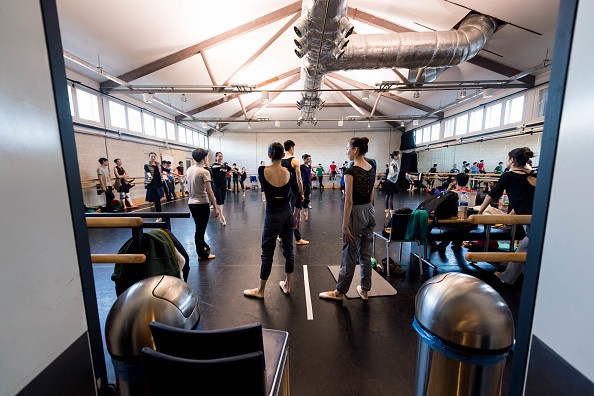Arts and culture activities are on the rise in Shanghai, as evidenced by throngs of locals signing up for art programs in the city. This includes dancing, singing, playing musical instruments, and brushwork painting.
According to an article by China Daily, the trend is spurred by well-off consumers who would like to invest more on themselves for self-improvement rather than material things. Coincidentally, more and more Chinese are also enrolling in sports clubs to achieve self-actualization goals.
“I spent 20,000 yuan on a ballet course, which I would have spent on a luxury bag back in 2014,” shared Yang Shanshan, a 27-year-old advertising specialist, in an interview with China Daily.
The market is diverse. Aside from children, young professionals, students, and retirees are also taking part in such activities. The programs range from after-school extracurricular activities to after-work clubs where people can enjoy their progress.
Aside from self-improvement, cultural consumption has also become a way for the older generation to bond with their younger relatives. This is the case with 62-year-old Huang Fanwen, who goes to flower arrangement classes with her 12-year-old granddaughter.
“Art classes like flower arrangement are less about utilitarianism and more about beauty and joy. It helps you develop a new perspective on life, noticing every detail in seasonal changes, identifying the finest differences in two similar shades,” Huang told China Daily.
From a small market worth 6.4 billion yuan in 2008, the industry of art programs and skills training in China has evolved into a market worth 46 billion yuan in revenue in 2015. This represents a compound annual growth of 32 percent.
According to Zhi Yan Market Research Ltd, it is predicted that the industry will grow to 80 billion yuan in 2018.
“After having everything you want to have in terms of material possessions, you want to think about what you want to be,” said Qin Yazhou, a consumer behavior analyst from Shendu Market Research Services Ltd, in an interview with China Daily.
“Acquiring more skills, not for the purpose of showing off but just to enrich one’s own life, makes one feel more contented. That’s why growth (of sales of cultural goods) is fast and outlook (for cultural consumption) bullish.”



























